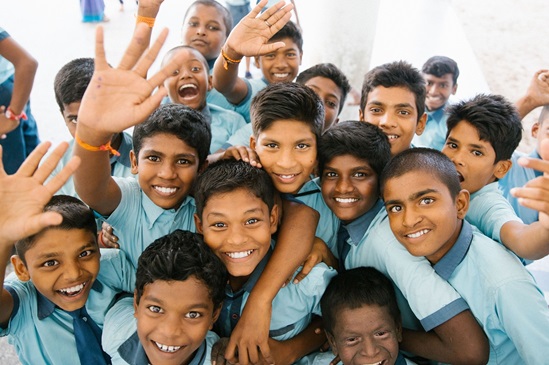Faith-based organizations and faith leaders
Faith-based organizations (FBOs) and leaders can play a major role in saving lives and reducing illness related to COVID-19. They are a primary source of support and comfort for their members. Often trusted more than governments or health-agencies, faith leaders can share health information to protect their communities that will be more likely to be accepted than from other sources.
By sharing simple steps to prevent COVID-19 faith organizations can promote helpful information, reduce fear and stigma, and provide reassurance to people in their communities. Because faith leaders are integrated into their communities through service and compassionate networks, they are often able to reach the most vulnerable among us with assistance and health information. In short, they are a critical link in the safety net for vulnerable people in their communities.
Advice
FBOs are advised to conduct faith activities remotely, rather than in-person, using available technology to maintain community and continue worship.
Recommendations for faith-based organizations (FBOs) to ensure safe gatherings (where permitted)
Follow local, subnational, and national guidance regarding whether large gatherings, such as services, weddings and funerals are permitted based on the spread of COVID-19.
If permitted to proceed with safe gatherings, FBOs should:
- Gather with a few people, rather than crowded sessions.
- Educate their members/communities on key protection measures against COVID-19.
- Encourage frequent healthy hand and respiratory hygiene among participants at all times.
- Ensure safe distancing at all times – at least 1 meter (3 feet) of distance between community members, including seating or standing of participants in faith services and those entering, attending and departing from worship spaces.
- Prevent touching between people attending faith services and the touching of devotional and communal objects.
- Frequently clean worship spaces, pilgrimage sites, and other buildings with disinfectant.
- Conduct safe ceremonies including safe burial practices.
FBOs are also advised to conduct faith activities remotely, rather than in-person, using available technology to maintain community and continue worship.
FBOs should strengthen their communities’ mental health and resilience by keeping people connected and identifying safe ways that members can help others.
Guidance
Practical considerations and recommendations for religious leaders and faith-based communities in the context of COVID-19
This document and risk assessment tool provides practical guidance and recommendations to support the special role of religious leaders, faith-based organizations, and faith communities in COVID-19 education, preparedness, and response.
Risk communication and community engagement
Mental health considerations during COVID-19 outbreak
These mental health considerations were developed by the Mental Health Department as support for mental and psychological well-being during COVID-19 outbreak.
A guide to preventing and addressing social stigma associated with COVID-19Social stigma in the context of health is the negative association between a person or group of people who share certain characteristics and a specific disease. In an outbreak, this may mean people are labelled, stereotyped, discriminated against, treated separately, and/or experience loss of status because of a perceived link with a disease.
The current COVID-19 outbreak has provoked social stigma and discriminatory behaviours against people of certain ethnic backgrounds as well as anyone perceived to have been in contact with the virus.
COVID-19 updates from our partners
Faith and caring for each other in the times of the COVID-19 pandemic*
Statement regarding the Church of the Holy Sepulchre, Jerusalem*
COVID-19 Guidelines from Episcopal Conferences in Eastern Africa on Safe Mass Gatherings*
*Disclaimer: The provision of a link from the WHO website to other sites does not indicate endorsement of those sites by WHO, and WHO accepts no responsibility for the validity or accuracy of their content.

_part-1_tekengebied-1-kopie-6.tmb-549v.png?sfvrsn=54c19483_3)
-logo-whodbfa536f-e032-4a4b-ac08-6cc21d2f37af.tmb-549v.png?sfvrsn=b15e3742_18)


